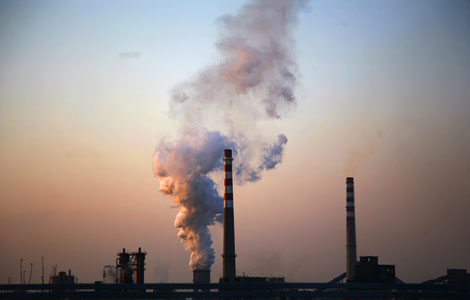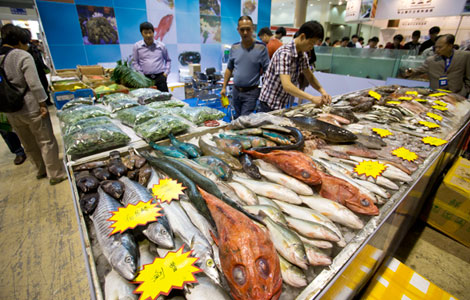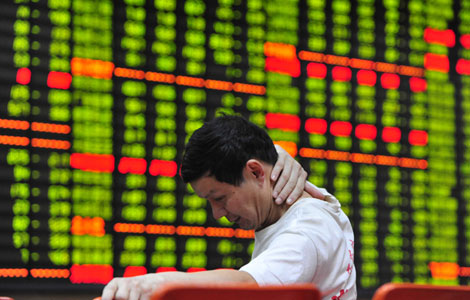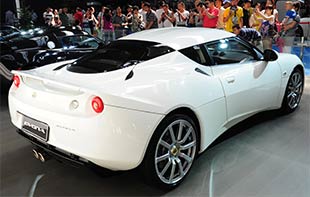
Oom said EU-China economic and trade relations as a whole are also at stake. The EU is China's biggest trading partner, while for the EU, China is second only to the United States.
The Commission is investigating 30 anti-dumping or anti-subsidy cases, 19 of which involve China. Last year it launched its largest probe ever, into the alleged dumping of, and subsidies for, an annual 21 billion euros (about $27 billion) of solar panels that China exports to the EU.
If the Commission launched the investigation and decided to impose the anti-dumping duties, the trade relations between China and the EU would be negatively affected and might even result in a trade war, the Swedish official said.
Oom said his opposition to anti-dumping measures in principle was based on a study by the Swedish National Board of Trade, entitled "Do EU Producers and the EU Economy Really Benefit from Anti-Dumping Policy?"
The report, which examines the effectiveness and efficiency of EU anti-dumping measures, of which China is by far the top target, found that EU anti-dumping measures do provide some protection for EU producers, but the protection is moderate.
The study shows that the protected sector gains, on average, only one percentage point of the EU market share after the measures have taken force.
However, it is third countries which are not subjected to anti-dumping duties that benefit the most. The study found that producers in third countries gain, on average, as much as 8 percentage points of the EU market share.
 HK's new cruise terminal receives luxury liner
HK's new cruise terminal receives luxury liner
 Future points to carbon trading
Future points to carbon trading
 Seafood businesses flounder amid spending cut
Seafood businesses flounder amid spending cut
 Equities slump amid slow-growth estimates
Equities slump amid slow-growth estimates
 Auto show opens with much fanfare in Xi'an
Auto show opens with much fanfare in Xi'an
 Sunnylands summit fuels Chinese tourism interest
Sunnylands summit fuels Chinese tourism interest
 'Palace on wheels' on sale for $3.13m in Dubai
'Palace on wheels' on sale for $3.13m in Dubai
 Fortune smiles on Chengdu as forum concludes
Fortune smiles on Chengdu as forum concludes